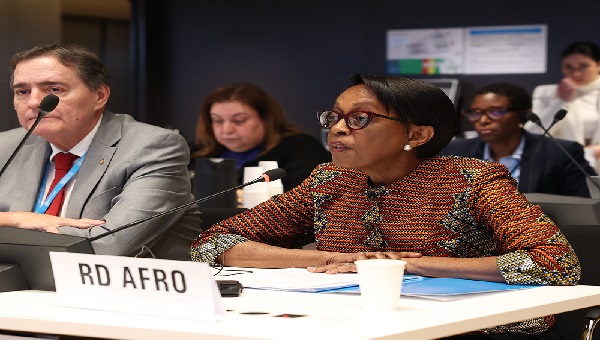EDITORIAL
The growing burden of cancer in Africa should serve as a wake-up call for governments to roll out high-impact interventions that seek to reduce caseload and fatalities, a World Health Organization (WHO) official said on Sunday during World Cancer Day.
Matshidiso Moeti, WHO regional director for Africa, said the continent is grappling with a cancer crisis that is devastating livelihoods and shortening life spans, necessitating investments in robust prevention and control measures.
“The cancer situation in Africa is disheartening. In the year 2022, approximately 882,000 new cancer cases occurred in the WHO African region with around 573,000 deaths,” Moeti said in a statement issued in the Kenyan capital of Nairobi.
According to Moeti, about 50 percent of new cancer cases detected among adults in Africa are due to breast, cervical, prostate, colorectal, and liver cancers.
Cancer-related deaths in the continent are projected to reach one million annually by 2030, Moeti noted, adding that in two decades, cancer death rates in Africa are expected to overtake the global average of 30 percent.
“This is more so because cancer survival rates in the WHO African region currently average 12 percent, much lower than the average of over 80 percent in high-income countries,” Moeti observed.
She hailed the substantial progress African countries are making in the fight against cancer, noting that 17 countries have already introduced high-performance-based screening tests in line with WHO recommendations.
In addition, 28 WHO African member states have introduced nationwide human papillomavirus (HPV) vaccination to reach about 60 percent of the targeted population, including adolescent girls, Moeti said.
The theme of 2024 World Cancer Day, “Together, we challenge those in power,” underscores the need for visionary leadership and partnership in order to contain the threat of cancer in Africa, Moeti noted.
She added that equal access to cancer screening, treatment, and palliative care in the continent is key to prolonging the lives of patients, lessening their suffering, and averting deaths.








